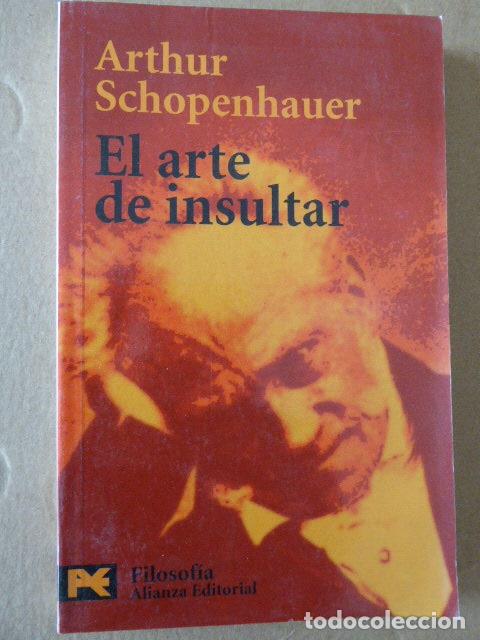

From his birth until approximately 7 years old, Carvalho was bedridden and gravely ill with a tumor in his throat and intermittent spikes of fever that nearly caused his death at an early age. His elder brother was Luiz Paulo Pimentel de Carvalho. Olavo de Carvalho was the youngest son of the attorney Luiz Gonzaga de Carvalho and the housewife Nicéa Pimentel. 3.6 Analyses and Critiques on Olavo de Carvalho's Work (In Brazilian Portuguese).


2.4 The Seven Steps Of The Philosophical Technique.2.3 Theory Of The Twelve Layers of Personality.1.5 Political Positions Against Cultural Hegemony.

In 2019, he received the Ordem do Rio Branco, the highest honorific medal awarded by the Brazilian government to Brazilian citizens who deserve recognition for their lifetime achievements and cultural contributions. Carvalho actively maintained an account on the now defunct social media Orkut, as well to accounts on Facebook, Twitter and YouTube. The Romanian liberal philosopher Horia-Roman Patapievici praised Olavo's eloquently stance and arguments in the debate, considering his response exceptional. His online debate with Russian academic Alexsandr Duguin yielded the book 'The U.S.A. In 2007, his reflections on objectivity and truth were included in an article in the newspaper ABC Color. He was influential to Brazil's right-wing President Jair Bolsonaro - although Carvalho himself disputed this influence -, Bolsonaro's sons and some of his ministers whose appointment Carvalho suggested. In his works, he discussed historical philosophy, the history of revolutionary movements, the traditionalist school, astrology, perennialism, comparative religion, psychology and philosophical anthropology.Ĭarvalho frequently denounced the “hegemony of the leftist thought” and “cultural Marxism” present in the Brazilian media and universities. Olavo Luiz Pimentel de Carvalho, more commonly known as Olavo de Carvalho (Campinas ApRichmond January 24, 2022), was a Brazilian philosopher, philosophy scholar, book author, political pundit and essayist. The revolutionary mind, cognitive parallax, theory of the four speeches, trauma of the emergence of reason, twelve layers of personality, radical intuitionism, authorithy principle, acts without testimony, confession method, world of principles, knwledge by presence, triple intuition theory, cognitive paralaxe, metaphysical foundations of the literary genres, subject of history, theory of the empires, the seven steps of the philosophical techniques.


 0 kommentar(er)
0 kommentar(er)
